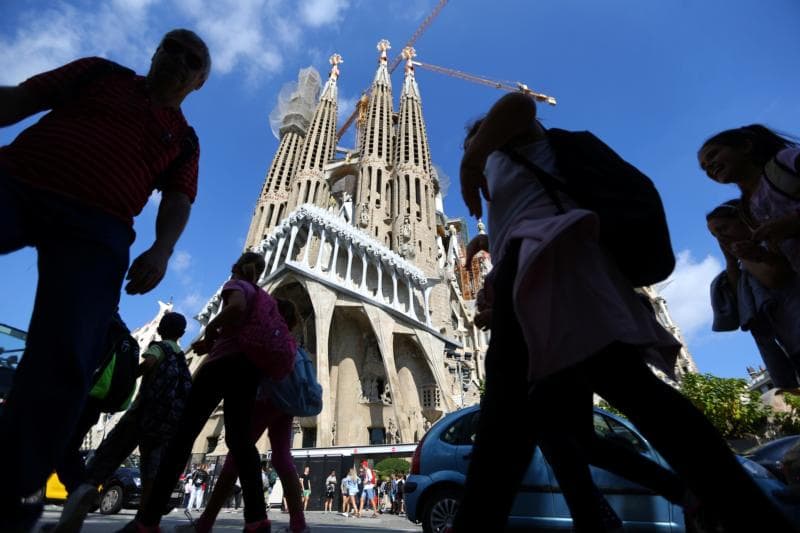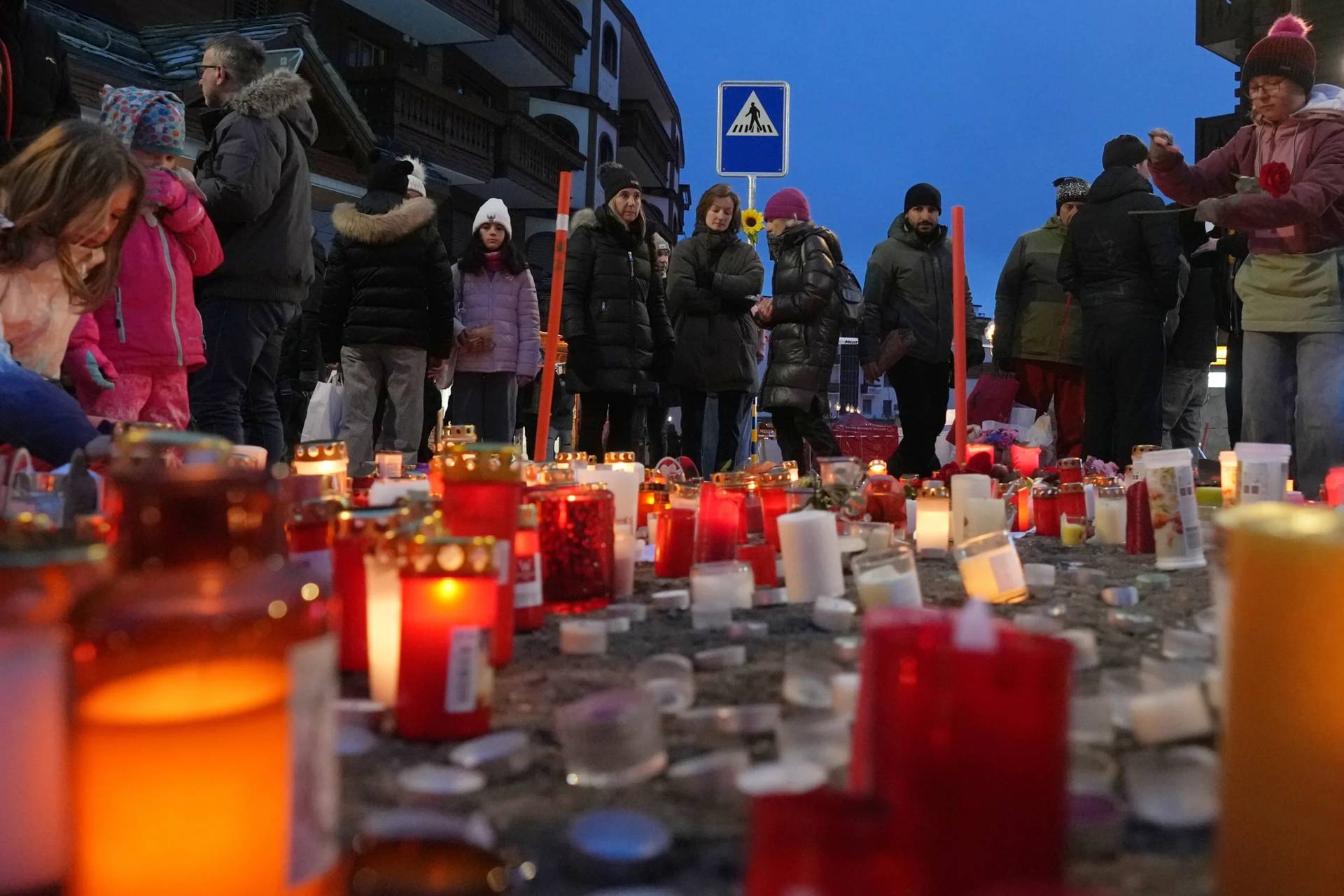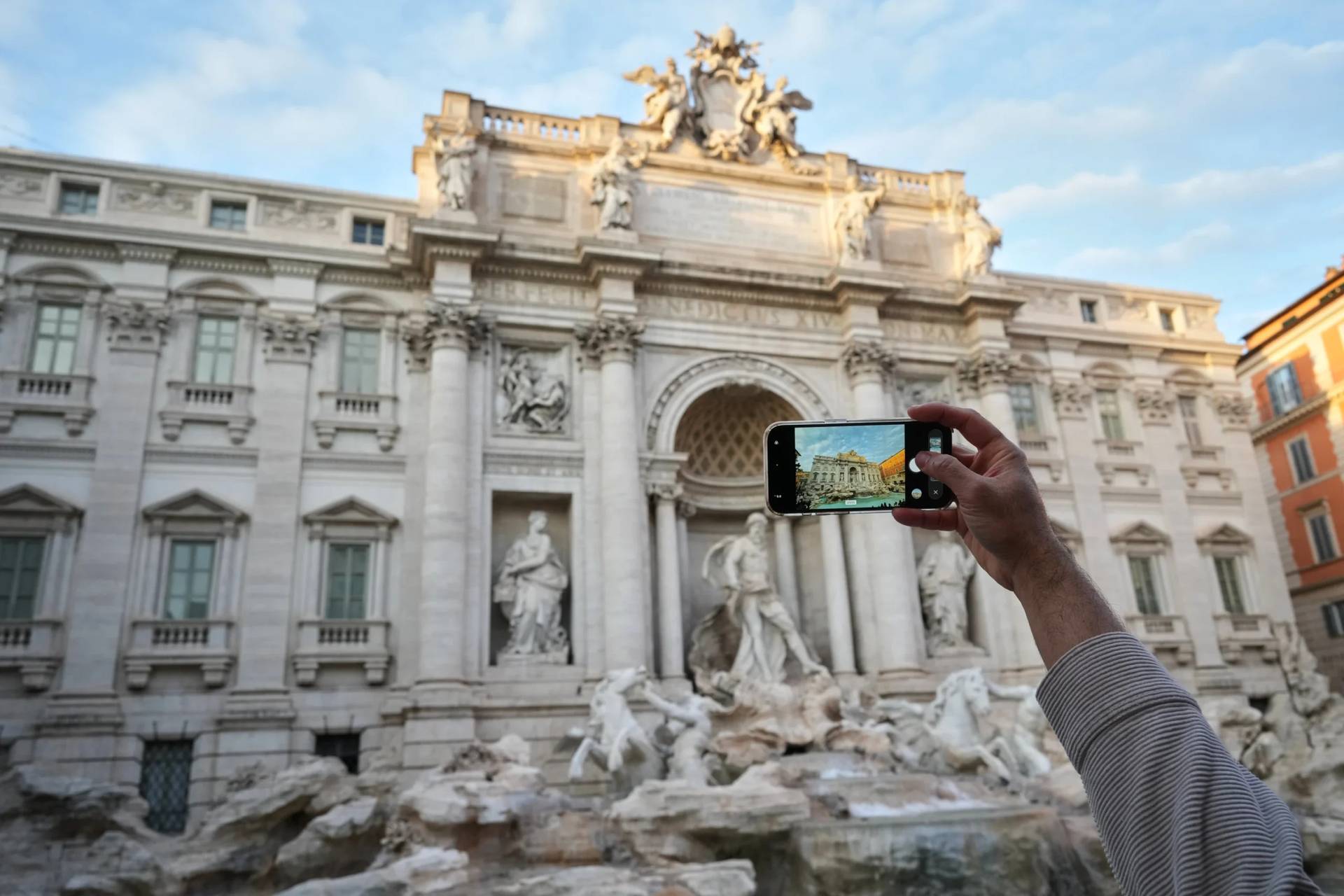Spain’s socialist government recently announced its plan to create an inventory of the real estate owned by the country’s Catholic Church. The main goal: to assess if the Church actually is the legal owner of churches, lands and shrines on the Iberian Peninsula.
Spirit of anti-clericalism
It was Antonio Hurtado of the Spanish Socialist Workers’ Party (PSOE) who made the announcement. The politician told the Spanish newspaper ABC that the plan will reveal that part of the Church’s real estate has been unjustly registered in the Spanish ownership register.
“It will be made clear that cities like Cordoba, Zaragoza and Pamplona have been indulgent towards the Church and have made it easier for her to register its real estate,” he said.
Part of which should have never been registered by the Church in the first place, according to Hurtado, because they are part of the public domain.
The Spanish bishops have vehemently opposed the government’s plan. They fear a “clandestine confiscation” and have kindly requested “not to awaken the old spirit of anti-clericalism.” The bishops allude to the infamous ‘Spanish confiscation’ which took place between the 18th and 20th century. During that period the Spanish government seized and sold the Church’s property, part of which belonged, for example, to religious orders.
Essential differences
According to Lourdes Ruano Espina, however, there are essential differences between what happened then and what’s going on today.
Ruano, a professor of Canon Law at the University of Salamanca, noted: “The Spanish confiscation was an historical process taking place at a moment in our history when the Church’s right to buy or manage property wasn’t acknowledged. This led to the state expropriating or, in some cases, confiscating properties.”
The media are wrongly linking this government plan to the confiscation, Ruano says. According to her, the plan is focused on a completely different thing: The unjust assumption that the Catholic Church acquired properties that do not legally belong to the Church.
“The government wants the people to believe that the Church owns real estate that doesn’t belong to her, but to the people instead,” she said.
Ruano thinks that there are no legal grounds for the government’s plan. “The Church can come up with sound documents of its properties.” However, she also sees that many of the Church’s opponents are keen to cast some serious doubts on her legal actions.
Mosque-cathedral of Cordoba
A clear example of this is the dispute over the famous mosque-cathedral of Cordoba, in southern Spain. The Spanish socialists claim that the complex, turned into a mosque during the Spanish occupation by the Moors, “is part of the public domain and should never have been legally registered by the Church in the first place.”
“As several court decisions and historical documents show, the Church has been the owner of the complex for over eight centuries,” said Ruano.
“The complex was built on top of the remains of an ancient Visigoth church, dedicated to St. Vincent Martyr. After the Reconquista, the recapture of Spain by King Ferdinand III, the complex was given to the Catholic Church in order to turn it into a cathedral.”
According to the Archbishop of Seville, Juan José Asenjo, national, regional and local authorities signed several agreements over the course of the years, showing that the cathedral “is without a doubt the property of the Church of Cordoba.”
Church as the main target
Maria Garcia said that the government’s plan fits neatly in the ongoing process of “aggressive secularism” in Spain. Garcia is head of the Observatory for Religious and Conscience Freedom (OLRC) in Spain. Since 2011 the institute has published a yearly report on religious freedom in the country.
“These reports show that there is a steady rise in incidents in Spain concerning the violation of the freedom of religion. In 2017 the number was somewhat lower, that’s true, but the incidents reported that year were of a more violent nature,” she said.
She mentioned that the Catholic Church is the main target of these incidents. According to Garcia, the government’s initiative is an example of a campaign to drive religion out of the public domain.
Left-wing parties like PSOE, Podemos and IU (United Left), but also the nationalist Catalan parties are in favor of this, she said.
“These parties think that religion should be forced behind closed doors. The separation of church and state gets mixed up with the removal of religion from the public domain,” she said.
Garcia agrees with what the Spanish bishops are saying: “The Socialist Party aims to achieve a clandestine confiscation by creating an inventory of the properties of the Church.”
This kind of secularism can also be seen in other initiatives put forward by left-wing and Catalan nationalist parties, she continued.
“In recent years ‘motions of secularization’ have been approved in several cities. Politicians are, for example, no longer allowed to take part in religious festivities, such as processions. There are also plans to abolish the law on blasphemy,” she said.
Contribution to the national economy
Fernando Giménez Barriocanal, Deputy Secretary of Economic Affairs of the Bishops’ Conference of Spain, confirmed that there are about forty thousand buildings, territories and other kinds of properties in Spain that are registered as being owned by the Catholic Church. “Only in the late nineties were we able to register 23,000 parishes, thousands of shrines and other places of worship.”
A considerable part of the real estate managed by the Church “contributes in an educational, religious and of course financial way” to Spain.
According to an investigation by international accounting firm PriceWaterhouseCoopers, the Church’s contribution to the national economy adds up to a sum of approximately $25 billion on a yearly basis, approximately 2 percent of the Spanish gross national revenue. This money comes, for example, from the many tourists visiting Cordoba to see its cathedral, or Barcelona to see the Sagrada Familia.
Barriocanal said that at this moment the Bishops’ Conference of Spain doesn’t want to adopt a negative standpoint towards the possibility that information in the ownership register will be made known to the public, “provided that these facts will be published in accordance with the legislation in force and are not based on a discriminatory view of the Church.”
This article was originally published in the Dutch Catholic weekly Katholiek Nieuwsblad on October 26, 2018. It was translated for Crux by Susanne van den Berk.















